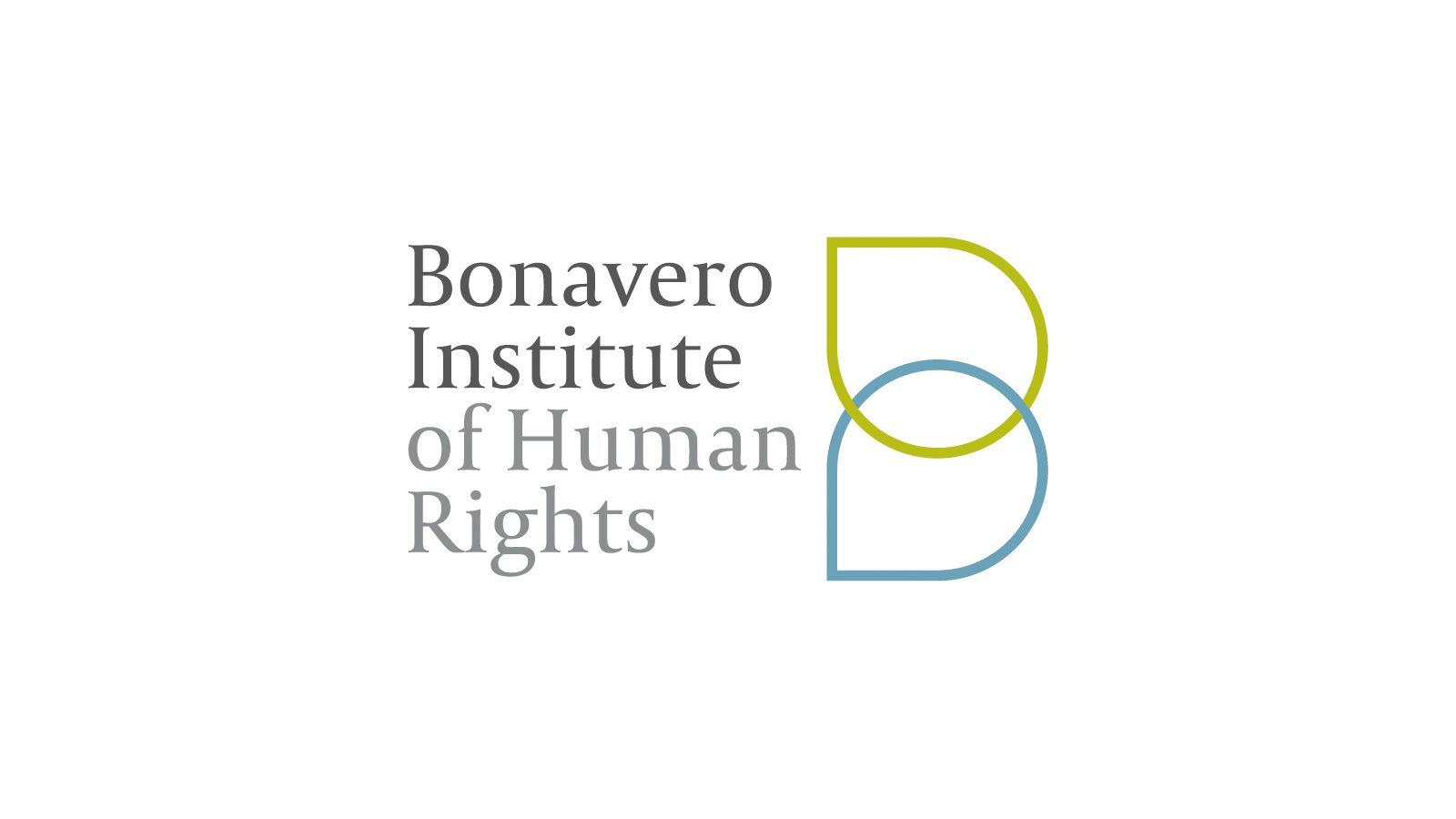Eleanor Roosevelt and the Universal Declaration of Human Rights
Flagship Events at the Bonavero Institute
Penny Ehrhardt is a Postgraduate research resident at the Bonavero Institute of Human Rights, and DPhil candidate in Law at Oxford University. Her Masters dissertation (also done at Oxford) examined the Drafting of the Universal Declaration of Human Rights.

Eleanor Roosevelt believed ‘in the light of history it is more intelligent to hope rather than to fear, to try rather than to not try.’ Such sentiments may have gone through her mind when, on 9 December 1940, she stood before the United Nations General Assembly urging it to ‘approve by an overwhelming majority the Declaration of Human Rights as a standard of conduct for all.’
Privately, Eleanor Roosevelt was not confident that the Declaration would win the two thirds of votes necessary to pass. The post-Second World War consensus had given way to Cold War bitterness, and she was aware that the possibilities for agreement were slim. A United States State Department aide recalled Eleanor Roosevelt spending the months leading up to this moment negotiating busily as if ‘driven by some inner compulsion that will never let her come to rest.’
The vote in which the General Assembly unanimously adopted of the Universal Declaration of Human Rights was the pinnacle of Eleanor Roosevelt’s long and varied career. (The Declaration passed with the Soviet bloc, South Africa and Saudi Arabia abstaining.)
It is fitting that former United States Secretary of State, Hillary Clinton will unveil the statue of commemorating Roosevelt at Mansfield College’s Bonavero Institute of Human Rights. Both Secretary Clinton and Mrs Roosevelt are former First Ladies of the United States who refused to limit their political careers to merely supporting their presidential husbands. A fellow pragmatic idealist, Secretary Clinton recalls frequently looking to Roosevelt’s example for inspiration in difficult circumstances. There is plenty of material to choose from.
Born in 1884, Eleanor Roosevelt was orphaned at an early age. She had a materially privileged but emotionally deprived childhood. A stint abroad at the Allenwood Academy in London when she was fifteen, however, proved crucial to her development. Returning to the New York in 1902, she met Franklin Delano Roosevelt, a distant cousin, whom she married in 1905. Subsequently, her discovery of her husband’s affair led to a redefining of their relationship. Eleanor Roosevelt supported her husband’s ambitions to gain elected office, fiercely encouraging him to continue even after illness left him physically disabled. Nevertheless, she maintained her own identity and interests. She was a political organiser, youth worker, and trade unionist in addition to co-owning a girls’ school in which she taught, and establishing a craft and furniture factory with close friends Marion Dickerman and Nancy Cook.
Eleanor Roosevelt relied heavily on close friendships with female and male confidents. Lorena Hickock, the political reporter with whom she fell in love during Franklin’s presidential campaign, was a key influence on her journalistic and political development. As First Lady, Eleanor Roosevelt redefined the role by hosting a regular radio programme, actively supporting civil rights, and at times publicly disagreeing with her husband’s decisions.
Following Franklin’s death in 1945, President Harry Truman appointed Eleanor Roosevelt as a delegate to the fledgling United Nations, in recognition of both her organising abilities, and the power of the Roosevelt name. On taking up her first international role, she was acutely aware that any individual failing on her part would be interpreted as a failing of all women, and perceived correctly that her placement on the Social, Cultural and Humanitarian Committee was a strategy to keep her away from the more highly regarded committees dealing with security and economic matters. But attempts to contain her were doomed: she was soon appointed as the Chairman of the Commission on Human Rights and took charge of steering the creation of an international bill of human rights.
In a process marked by personal differences, philosophical tensions, cultural divisions and mounting international intractability, Eleanor Roosevelt’s political nous and ability to build cross-cultural rapport were essential. Despite being renowned for her total absence of culinary taste, she was a wonderful host, famously creating events at which the key players developed relationships through frank off-the-record exchanges. On one occasion, she even penetrated the walls of distrust maintained by the studiously stand-offish Soviet officials
In formal meetings, Eleanor Roosevelt kept a tight rein on proceedings. In addition to managing relations with other delegations, including countering Soviet delaying tactics, Eleanor Roosevelt was concerned to ensure the support of her own nation, particularly in relation to the increasingly contentious question of economic and social rights. Early on, she had proposed splitting the draft bill of rights into three parts that could be worked on separately. With mounting political tensions, this proved prescient as it allowed the drafting of the norm-setting Declaration of Human Rights to move ahead, despite the impossibility of achieving agreement on the more substantive covenants.
At the General Assembly, Roosevelt called the Declaration a ‘Magna Carta’ for people everywhere. Others, including as the noted jurist Hersch Lauterpacht, where dismissive of the occasion’s import, arguing that in the absence of legal enforceability, the Declaration was almost meaningless. But, seventy years since its passing, history has supported Eleanor Roosevelt’s optimism. The Universal Declaration of Human Rights’ stature as a moral beacon guiding the development of human rights across the globe has only increased with time.
Further information
United Nations General Assembly (1948) The Universal Declaration of Human Rights
Russell Baker (June 9, 2011). "The Charms of Eleanor". The New York Review of Books.
Sarah Begley (November 1 2016 ) ‘Eleanor Roosevelt, Hillary Clinton and the Legacy of Powerful First Ladies’ Time, http://time.com/4551325/eleanor-roosevelt-hillary-clinton-first-ladies
Mary Ann Glendon (2001) A World Made New: Eleanor Roosevelt and the Universal Declaration of Human Rights
William A Schabas (2013) The Universal Declaration of Human Rights: the travaux préparatoires
